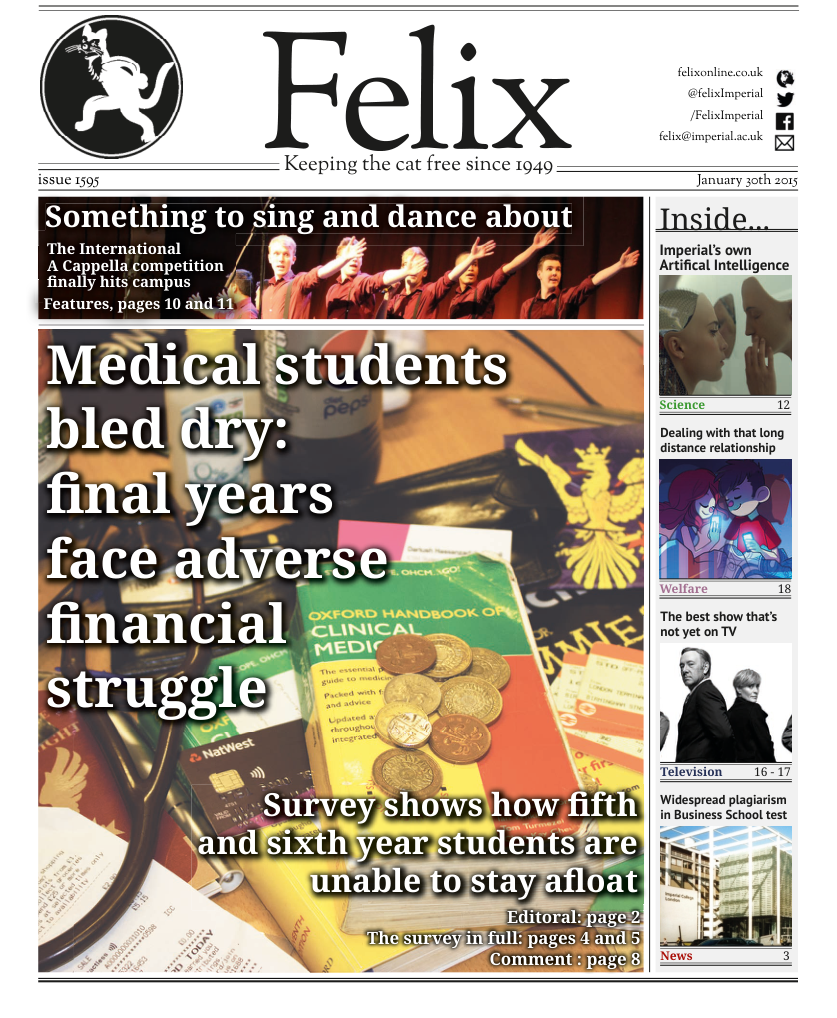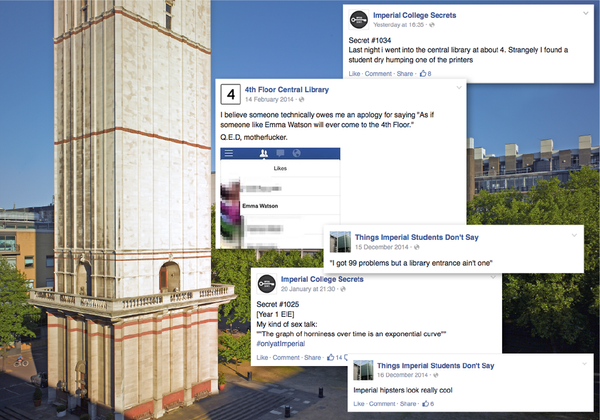Coursework might be "nullified" over plagiarism
Philippa Skett reports as Business Economics module is investigated

Students were informed on Monday that the marks from an online coursework may be nullified after reports of “widespread plagiarism.”
Over 400 students completed the online coursework for the Business Economics module, which consisted of twelve multiple-choice questions, to be completed within two hours. Effectively an exam, students were not formally invigilated; it has been described as an ‘open book’ coursework that was to be completed individually and could be done at home or on campus. Students completed the online coursework earlier this month.
The coursework for the Business Economics module is worth 30% of the overall module mark. The course is taken as optional, for credit course, which is run by the Business School but is taken by undergraduates from various degree steams. If taken for credit, the module is worth a significant portion of the year’s overall mark.
An anonymous source informed the mathematics department that students had been using a Google document online to share the questions from the online coursework on a Facebook group for students taking the course.
Questions in the test would appear in a random order with randomised multiple choice answers, and people posted the questions to the Google document until a complete set of the questions was available for participants to view as the session progressed.
This prompted Professor Jonathan Mestel, The Mathematics Department’s Director of Undergraduate Studies, to send an email out on Tuesday to maths undergraduates in third and fourth year, detailing the alleged plagiarism and how “it is likely that this part of the assessment will be nullified.” The email also asked for those who may know more about the situation to come forward, and that they will be kept informed of any other developments.
Professor Mestel has also confirmed to Felix that although they know what Facebook group it was, it was not the one used by the mathematics undergraduates.
The Business School was only made aware of the allegations of plagiarism after the email was sent by Professor Mestel, and are still in discussions over what to do as a result of these allegations.
When Felix contacted Jeremy Fernando, a senior teaching fellow from the Business School and the point of contact for these undergraduate modules, Fernando said that: “We still need to gather more information, as we’ve only heard this third hand. The only information we have is from Mestel.”
Professor Mestel said to Felix that they are now waiting on the Business School, although they take allegations of plagiarism very seriously. “We are now waiting to hear what the business school thinks is appropriate, and it is likely all departments will be taking the same action once something is decided.”
This is not the first time this exam has faced complications: the online test was run before Christmas, but was postponed as Blackboard, the College’s Virtual Learning Environment, crashed. The test was scheduled to start at 18:00, but within ten minutes students were complaining of images not loading and missing formulae and eventually Blackboard went down completely.
Felix approached the Mathematics Department Representative, Arjit Gupta, who told us: “Unfortunately, I do not know a lot about this issue yet and am currently investigating. I am confident that the department will ensure fairness to all students, regardless of whether or not they are taking this course.”
A statement released from the Business School to Felix said that it is “formally investigating an allegation of collusion in an open book online test for undergraduate students.
“The investigation is still ongoing, but we are aiming to conclude it as quickly as possible and any outcomes will be considered together with the other relevant academic departments.
“All students assigned the test have been contacted to inform them of this development, and are invited to discuss any immediate concerns with the relevant Business School staff. They will be kept up-to-date as the investigation proceeds.”









